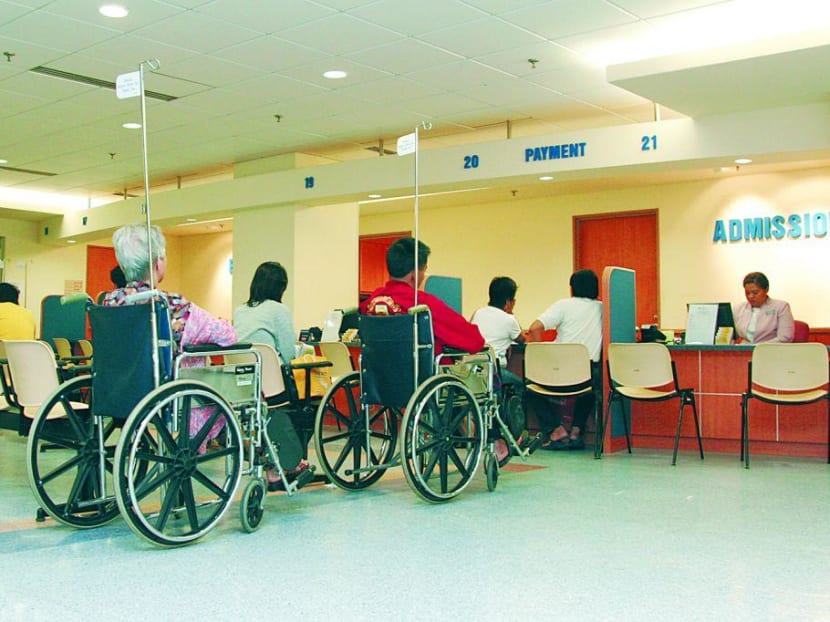Singapore capable of dealing with public health threats, can improve response to nuclear emergencies: Report
SINGAPORE — The Republic, which dealt with the Severe Acute Respiratory Syndrome in 2003, the H1N1 flu pandemic in 2009 and the Zika virus in 2016, has a highly developed capacity to detect and respond to potential public health emergencies.
SINGAPORE — The Republic, which dealt with the Severe Acute Respiratory Syndrome in 2003, the H1N1 flu pandemic in 2009 and the Zika virus in 2016, has a highly developed capacity to detect and respond to potential public health emergencies.
In a recent assessment released on Wednesday (Oct 24), international and local experts gave the country full marks in areas such as lawmaking, food safety, immunisation and diseases spread between animals and people.
But Singapore can improve its management of radiation and nuclear emergencies, said the experts appointed by the World Health Organisation (WHO), who worked with national experts in conducting the assessment.
For instance, Singapore can strengthen its coordination in radiological emergency response, incident investigation and site recovery efforts.
Rradioactive waste management and the national emergency response plan for incidents involving marine transportation of nuclear material can also be further developed.
The National Environment Agency’s radiation protection and nuclear science department is the regulatory authority for radiation protection and administers the Radiation Protection Act and Regulations.
"The Government will carefully review the findings and recommendations made by WHO to further strengthen our capabilities in dealing with existing and future challenges from public health threats," the Ministry of Health (MOH) said in a statement.
Singapore had volunteered last year for a Joint External Evaluation of its implementation of International Health Regulations.
The regulations requires countries to build a minimum set of core capacities so they can better protect their citizens, and the citizens of other countries, during outbreaks and health emergencies.
The process began with self-evaluation in February last year overseen by MOH's Public Health Group.
From April 16 to 20 this year, external experts jointly reviewed Singapore’s core capacities in 19 technical areas such as antimicrobial resistance and real-time surveillance.
The 10-member team included Professor Paul Effler of Western Australia’s Department of Health and Dr Li Ailan from the WHO Regional Office for the Western Pacific.
Singapore scored four to five (out of a maximum of five) for all indicators in 18 out of the 19 areas, except in radiation emergencies.
“Identified strengths included the use of innovation and technology to strengthen disease detection and response, collegiality and coordination across agencies, and a demonstrated commitment to improving policies and practices based on lessons learnt during real-life events and simulations,” said Singapore and the WHO in a joint media release.
The experts encouraged Singapore to intensify its support for regional and global health security.
"The next pandemic threat will emerge when we least expect it. We must be prepared," said Dr Li.
"Everyone has more to do, including countries with advanced health systems like Singapore.”
MOH said in its statement that it will collaborate with WHO and regional counterparts and is open to offering support and expertise in its areas of strength, adding that given Singapore's position as a regional trade and travel hub, international and regional partnerships are important in preventing and mitigating global health threats.
Health Minister Gan Kim Yong described the WHO review as "a useful learning experience" for Singapore.
“We cannot be complacent," he added.
"We must continue to strengthen our core capabilities to prevent, detect and respond promptly and effectively to public health threats."







